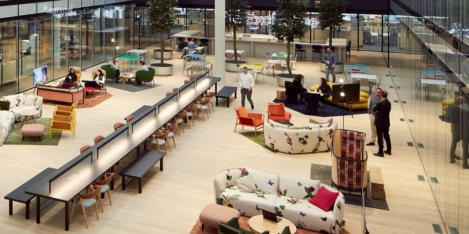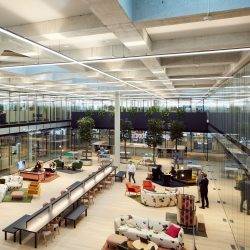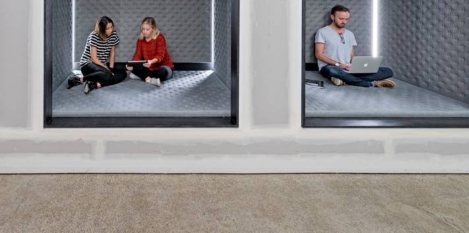April 17, 2019
Uncertain times demand a new approach to strategic people management
 Is the management of people in organisations today really about growing the long-term value of an employers’ most important asset in an increasing uncertain and skills-short labour market? Or is it more to do with continuing to drive costs down and shareholder returns up; and meeting the bare minimum standards required by legislation? The Institute for Employment’s (IES) latest research, carried out in partnership with the Chartered Institute of Personnel and Development (CIPD), looks at the reality of people management and comes up with some generally positive findings and conclusions. (more…)
Is the management of people in organisations today really about growing the long-term value of an employers’ most important asset in an increasing uncertain and skills-short labour market? Or is it more to do with continuing to drive costs down and shareholder returns up; and meeting the bare minimum standards required by legislation? The Institute for Employment’s (IES) latest research, carried out in partnership with the Chartered Institute of Personnel and Development (CIPD), looks at the reality of people management and comes up with some generally positive findings and conclusions. (more…)































March 29, 2019
Co-design is an old idea, but it belongs to the 21st Century like never before
by Jonathan Hindle • Comment, Workplace design